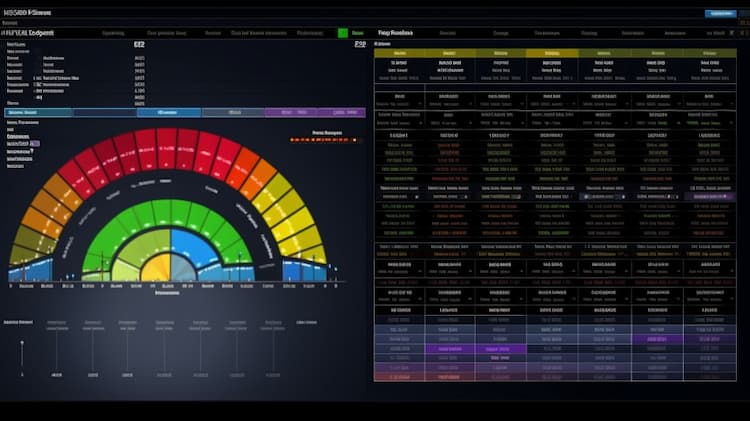YOLO ISSUER
The Advisor of the AdvisorShares Pure Cannabis ETF (YOLO) is focused on providing exposure to companies that are actively involved in the marijuana and hemp business. By investing in securities of companies deriving significant revenue from cannabis-related activities, the ETF aims to capture potential growth within this emerging sector. The Advisor's approach involves actively managing the fund's portfolio to target mid- and small-capitalization companies engaged in various aspects of the cannabis industry, including research, pharmaceuticals, agriculture, real estate, and more.
YOLO DIVIDEND
The Advisor of the AdvisorShares Pure Cannabis ETF (YOLO) manages the fund with an investment approach that focuses on companies deriving significant revenue from the marijuana and hemp business. While dividends may not be the primary focus of YOLO, it reflects the dividend distribution of the underlying cannabis-related companies. Investors should note that the dividend distribution of YOLO can be influenced by the individual dividend policies and performances of these companies in the cannabis sector.
YOLO TRACKING
The Advisor of the AdvisorShares Pure Cannabis ETF (YOLO) focuses on actively managing an exchange-traded fund that seeks to achieve its investment objective by investing in securities of companies deriving a significant portion of their revenue from the marijuana and hemp business. YOLO aims to capitalize on opportunities within the cannabis sector, which spans various industries including agriculture, biotechnology, pharmaceuticals, real estate, retail, and finance. With a concentration on the Pharmaceuticals, Biotechnology Life Sciences Industry Group within the Health Care Sector, YOLO is designed to provide exposure to the growth potential and evolving landscape of cannabis-related public corporations.
YOLO CORRELATION
Understanding the correlation of the AdvisorShares Pure Cannabis ETF (YOLO) is essential for investors looking to grasp its behavior within the broader cannabis market. Given its focus on the cannabis sector, YOLO's correlation with cannabis-related stocks and industries is expected to be significant. Analyzing this correlation provides insights into the ETF's performance relative to the overall cannabis market, aiding investors in making informed decisions. To delve into correlations and gain deeper insights into various ETFs, investors can leverage the ETF Insider's web app, which offers comprehensive data visualization tools, including correlations and overlaps with other US ETFs, enabling a better understanding of market dynamics.YOLO Sector
YOLO SECTOR
The Amplify Seymour Cannabis ETF (YOLO) focuses on the pharmaceuticals, biotechnology, and life sciences industry group within the healthcare sector. This ETF targets companies that derive significant portions of their revenue from the marijuana and hemp business, as well as those involved in cannabis-related research, development, and manufacturing. By concentrating on these sectors, YOLO provides investors with exposure to the evolving cannabis market and its potential for growth, driven by legislative changes and expanding social acceptance.YOLO Exposure
YOLO EXPOSURE
The Advisor believes that continued legislative changes and social acceptance of cannabis in its various formats could lead to significant growth in cannabis-related public corporations. Companies involved in cannabis-related business could also benefit from significant merger and acquisition activity as the cannabis market matures. The YOLO ETF, which seeks to achieve its investment objective by investing in securities of companies that derive a significant portion of their revenue from the marijuana and hemp business, offers investors exposure to the potential growth and expansion within the cannabis industry. Through its focus on the Pharmaceuticals, Biotechnology & Life Sciences Industry Group within the Health Care Sector, the ETF concentrates its investments to capture the dynamics of this evolving sector.



